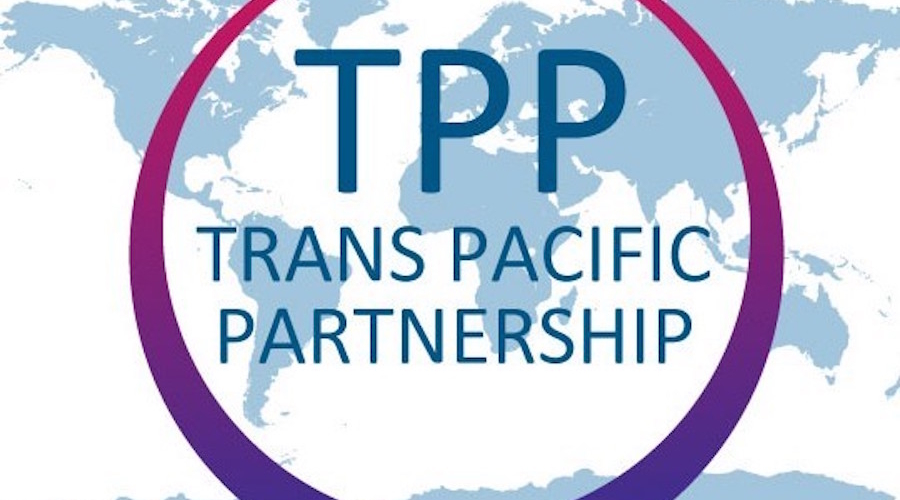President Donald Trump has directed his top economic and trade advisers to look into re-entering the Trans-Pacific Partnership. The move would come a little over a year after withdrawing the U.S. from the the multilateral trade agreement in one of his first acts as president.
Trump has deputized Robert Lighthizer, the U.S. trade representative, and Larry Kudlow, the director of the National Economic Council, to study the possibility of re-entering the TPP if the terms were favorable, the president told a group of Republican senators during a meeting Thursday.
GOP senators and governors from the Midwest, who met with Trump over concerns that any trade war with China would hurt U.S. agriculture, said they told the president that partnering with other Asian countries would put pressure on the Chinese to end unfair trade practices.
Sen. Ben Sasse, R-Nebraska, said in a statement after the meeting, “The best thing the United States can do to push back against Chinese cheating now is to lead the other eleven Pacific nations that believe in free trade and the rule of law.”
He added, “It is good news that today the president directed Larry Kudlow and Ambassador Lighthizer to negotiate U.S. entry into TPP.”
Sasse told reporters at the White House that during the meeting, Mr. Trump had repeatedly “reaffirmed the point that TPP might be easier for us to join now once the TPP 11 is aligned and we might be 12th party to those negotiations, as opposed to the long process that it took to get to TPP.”
He said that at one point in the discussion, the president looked at Kudlow and said, “Go get it done.”
In January, Mr. Trump told CNBC in an interview in Davos, Switzerland that he “would do TPP, if we made a much better deal than we had.”
Trump had bragged during political rallies about killing the TPP deal because he felt the terms put the U.S. at a disadvantage in trade.
The other TPP members—Australia, Brunei, Canada, Chile, Japan, Malaysia, Mexico, New Zealand, Peru, Singapore and Vietnam—are negotiating their own trade agreement, without the United States.















